For centuries, humans have looked up at the stars and dreamed. It’s only in recent centuries, though, that we began turning those dreams into stories. These stories, often called science fiction, are filled with remarkable visions of distant worlds, strange creatures, and futuristic technology.
The roots of science fiction trace back to the 1600s with works by Johannes Kepler and Francis Godwin about voyages to the moon. Some argue that modern science fiction began with Mary Shelley’s Frankenstein in 1818, as it was one of the first novels to explain events using science rather than mysticism.
Today, science fiction is a vast genre encompassing various sub-genres like dystopian fiction and post-apocalyptic fiction. It often overlaps with fantasy and horror. Sci-fi sparks our imagination and encourages us to question the world around us, exploring themes like identity and morality.
Selecting the top fifty science fiction books was a challenging task. We set criteria, such as only including one book per author and prioritizing innovation within the genre. These books take readers on imaginative journeys, exploring uncharted territories of the mind and spirit.
So here’s the List:
- Dune by Frank Herbert
- Neuromancer by William Gibson
- The Hitchhiker’s Guide to The Galaxy by Douglas Adams
- The Gone World by Tom Sweterlitsch
- The Calculating Stars by Mary Robinette Kowal
Dune by Frank Herbert
Published in 1965, Frank Herbert’s Dune shares the Hugo Award with Roger Zelazny’s This Immortal in 1966 and takes home the inaugural Nebula Award for Best Novel. The story unfolds in a feudal interstellar society where noble houses control planetary fiefs, focusing on Paul Atreides and his family, stewards of the desert wasteland planet Arrakis.
Despite Arrakis’ harsh conditions, it holds the key resource of “the spice,” also known as mélange, a substance that enhances mental abilities and prolongs life. Dune delves into themes of politics, religion, ecology, and technology, offering a unique exploration within the realm of science fiction and earning its place as one of the genre’s most imaginative and revered works.
Neuromancer by William Gibson
In 1984, an American-Canadian writer, William Gibson debuted with Neuromancer, a renowned work in the cyberpunk subgenre of science fiction. It marks his first novel and notably secured the Nebula Award, the Philip K. Dick Award, and the Hugo Award.
The narrative follows Henry Case, a former computer hacker and hustler navigating the grim underworld of Chiba City, Japan. Set in a dystopian future, the story depicts a world where hackers and cyborgs unite to combat powerful corporate entities. Neuromancer is essential reading for enthusiasts of contemporary works like Ready Player One.
The Hitchhiker’s Guide to The Galaxy by Douglas Adams
Released in 1979, The Hitchhiker’s Guide to the Galaxy chronicles the escapades of Arthur Dent, the lone survivor after Earth’s obliteration by a Vogon constructor fleet. Originally aired as a radio series on BBC in 1978, it later expanded into what’s humorously termed a “trilogy in five parts.”
The book is whimsical, over-the-top, and immensely entertaining. It ventures into absurdity while weaving through various science fiction themes, yet maintains a level of cynicism that adds depth beyond its surface. It’s a must-read for any sci-fi fan, spawning adaptations like comic books and stage productions. Douglas Adams’ work earned him recognition as the “Guest of Honour” at the 1979 World Science Fiction Convention in Brighton, England.
The Gone World by Tom Sweterlitsch
Released on February 6, 2018, The Gone World is described as a blend of Inception and True Detective. It follows NCIS special agent Shannon Moss as she investigates a murder case intertwined with the fate of humanity. Assigned to uncover the truth behind the death of a Navy SEAL and the disappearance of his family, Moss discovers that the deceased SEAL was part of the crew aboard the lost spaceship U.S.S. Libra, lost in the depths of Deep Time.
During her investigation, Moss encounters Terminus, an enigmatic event with world-ending implications discovered by a covert team of government time travelers. To locate the missing daughter of the SEAL, Moss ventures into the future, exploring various potential scenarios to solve the present-day mystery. Along the way, she bears witness to humanity’s catastrophic demise and faces the daunting task of preventing it.
The Calculating Stars by Mary Robinette Kowal
Published on July 3, 2018, The Calculating Stars presents an alternate history where a meteorite strikes Earth in 1952, devastating much of the East Coast, including Washington, D.C. Following this catastrophe, space exploration becomes imperative as the planet hurtles towards becoming uninhabitable due to the impact on its climate. The story follows Elma York, a mathematician and World War II pilot, who aims to venture into space in search of humanity’s next hope.
The novel has received numerous accolades since its release in 2018, including the 2018 Nebula Award for Best Novel, finalist nominations for the Hugo Award for Best Novel, the 2019 Campbell Memorial Award, and the 2019 Locus Award for Best Science Fiction Novel. Additionally, it has consistently appeared on bestseller lists.
There’s More to the List…
Here’s an extended list of classic science fiction novels that every sci-fi fan should read. These classics not only provide a foundation for appreciating recent works but also help identify newer releases that may not meet the same standards. Some of these classics are truly exceptional for their time, while others are considered essential reading despite not being outstanding.
- Jules Verne’s “20,000 Leagues Under the Sea” and “From the Earth to the Moon” are remarkable considering the time they were written.
- Before L. Ron Hubbard founded a religion focused on aliens, he authored “Battlefield Earth,” a sweeping epic that I’ve revisited several times and continue to enjoy. Like any book, it has its flaws, but it remains a compelling read.
- Asimov’s “Foundation” series and “I, Robot” are essential reads for fans of the genre.
- Robert Silverberg’s “Majipoor” is another classic worth exploring.
- Larry Niven’s “Ringworld” series, despite any denial from Bungie, is widely regarded as a significant inspiration for the Halo universe.
Wrapping Up
As we conclude our exploration of these five must-read science fiction classics, we find ourselves at the edge of the universe, contemplating the boundless possibilities that lie beyond. From the feudal realms of “Dune” to the cyberpunk dystopias of “Neuromancer,” and the cosmic absurdities of “The Hitchhiker’s Guide to the Galaxy,” each book has left an indelible mark on the genre.
Through alternate histories in “The Calculating Stars” and mind-bending time travel in “The Gone World,” we’ve witnessed the power of speculative storytelling to challenge our perceptions and ignite our imaginations. These classics not only entertain but also provoke thought, inviting us to ponder the complexities of humanity and the mysteries of the cosmos.
Let’s carry the literature spirit of exploration and discovery into the vast expanse of science fiction literature. For in the ever-expanding universe of the imagination, there are always new worlds to discover, new adventures to embark upon, and new horizons to explore.

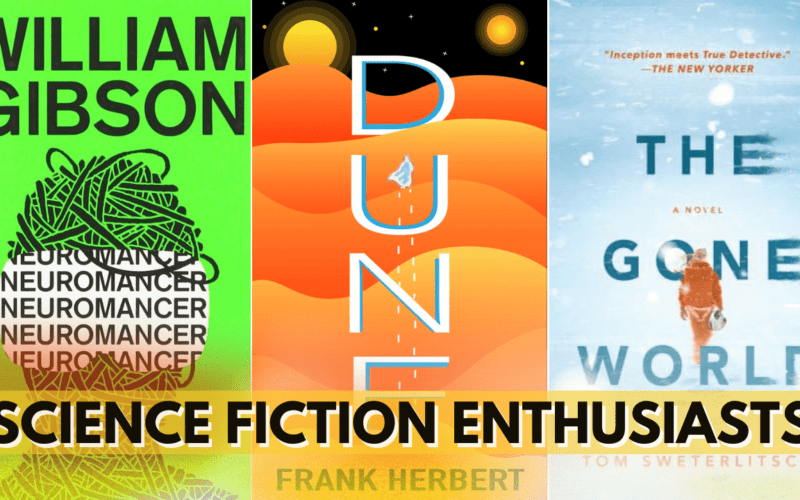
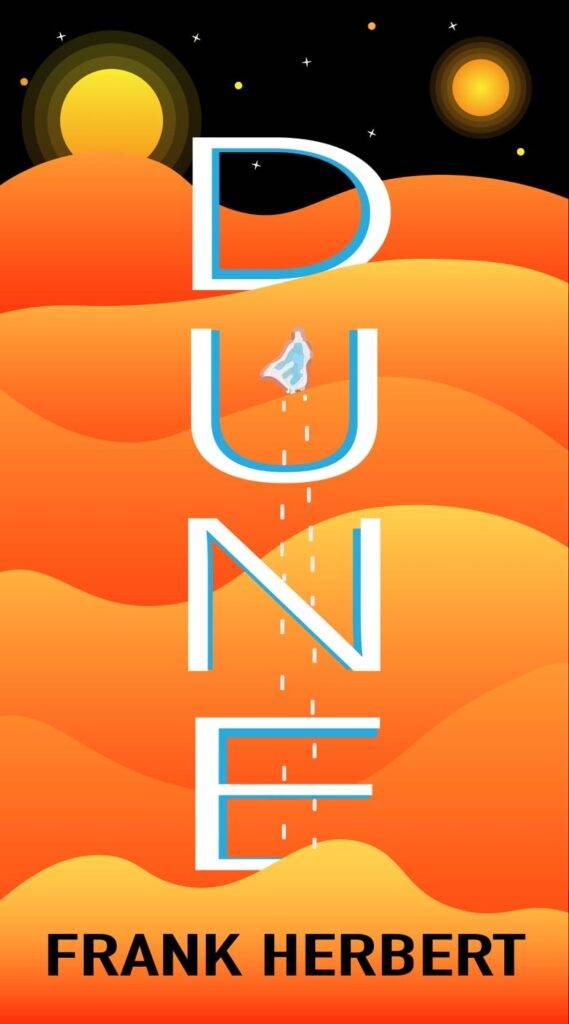
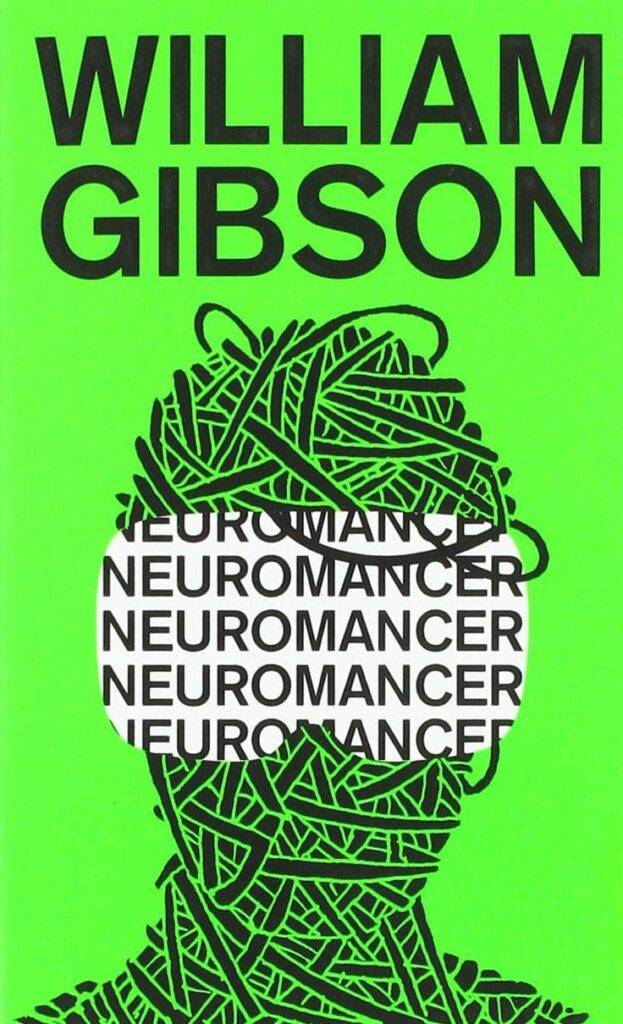
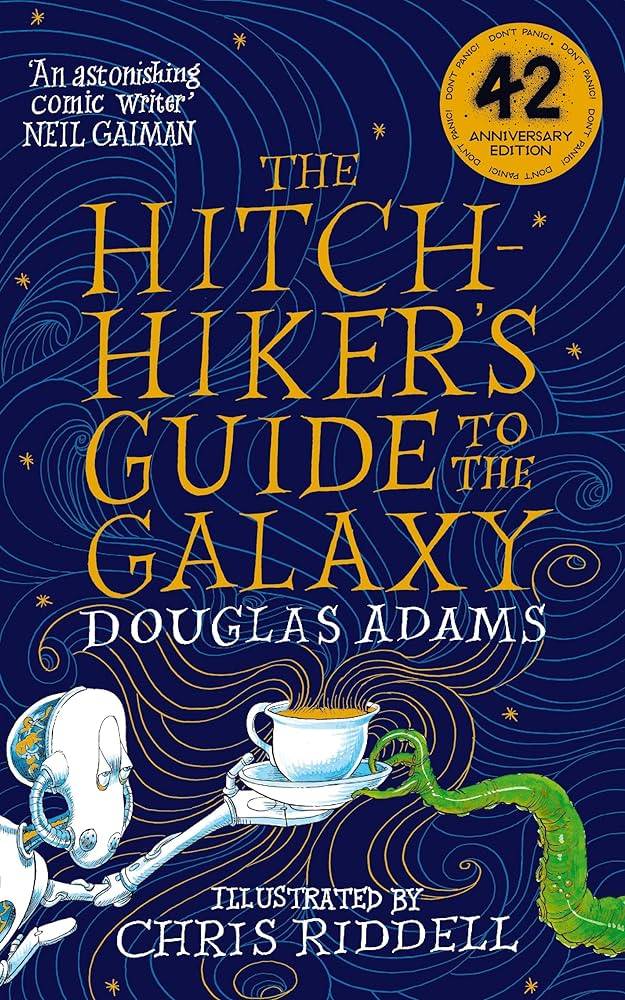
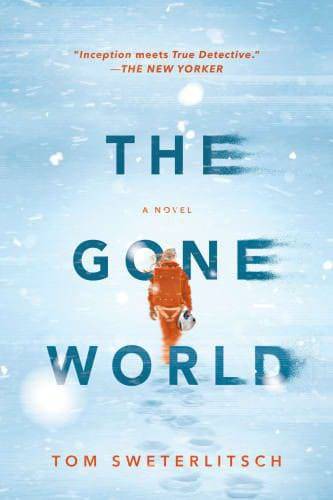
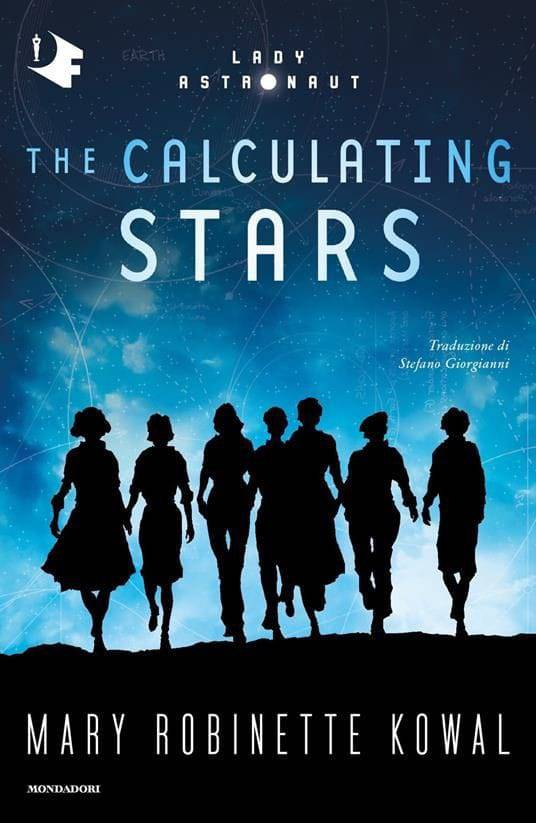
In childhood, many questions used to arise in our mind after looking at the stars and our elders used to satisfy us by telling some story related to them, but as we grew up, we started getting all the answers to the questions in our mind and the biggest reason for this is Our books, books give us many answers and teach us many things and that is why we should read more and more books and among those books are these 5 books which fulfill the curiosities of our mind and increase our thinking ability.